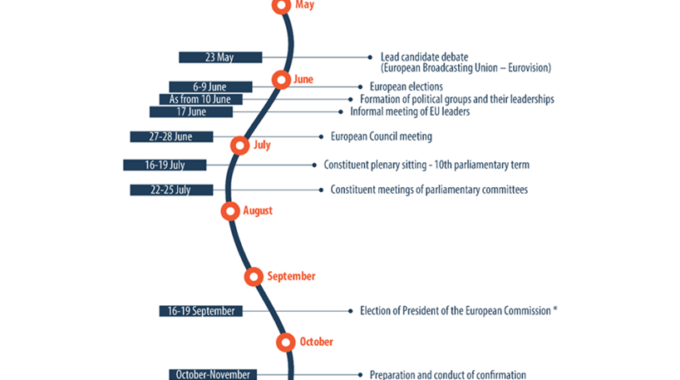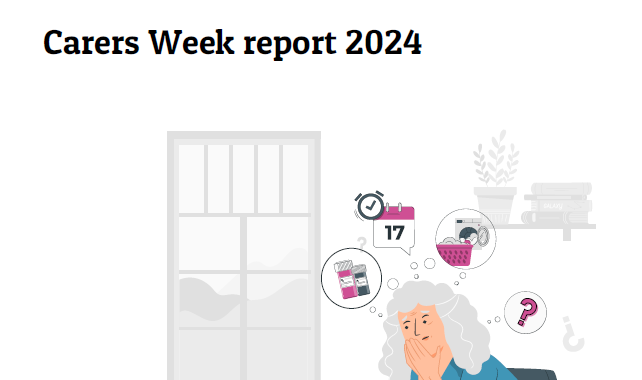
Europe, an old continent growing older
The Committee on Employment and Social Affairs of the European Parliament just issued an interesting report on the possibilities and challenges related to ageing policy post-2020.
We noted the following important points:
Calls on the Commission to put forward a care deal for Europe and a European carers’ programme aimed at making the transition towards a care economy that entails relevant investment and legislation at EU level, taking a comprehensive approach towards all care needs and services and setting quality guidelines for care throughout the life course, including for children, older persons and persons with long-term needs, with a view to identifying and recognising the various types of informal care-giving, and guaranteeing financial support for carers, appropriate periods of leave and affordable services, among other things;
[…]Calls on the Member States to better acknowledge the value of informal care, to improve social protection and the various forms of support for informal carers, to provide professional support, training and peer counselling for informal carers, and to introduce, in close cooperation with social partners, different forms of periodic relief for family members caring for older people, especially those needing respite care and day-care services, and support services including flexible working arrangements; encourages the Member States to put forward targeted strategies to help informal carers and recognise their contribution to care for older people, and to put forward proposals for adequate relief services; emphasises that providing informal care should be a choice and that formal care services should be promoted;
[…]Calls on the Commission to adopt an EU strategy on carers; stresses that investment in care services is essential as it will not only increase women’s employment rates, providing job opportunities in the formal economy for previously informal carers and promoting a work-life balance for women, but also improve the living conditions of older people through investment in long-term care facilities, measures to improve mental health and combat isolation, and measures to prevent and combat violence against older women, as well as investing in people’s health and education, to ensure that they stay active and in good health as they grow older; calls on the Member States to adopt a set of indicators for the access to and sustainability of care systems for older people, as well as a common quality framework for older people’s care services; stresses the importance of ensuring that care for older people remains a national competence;





